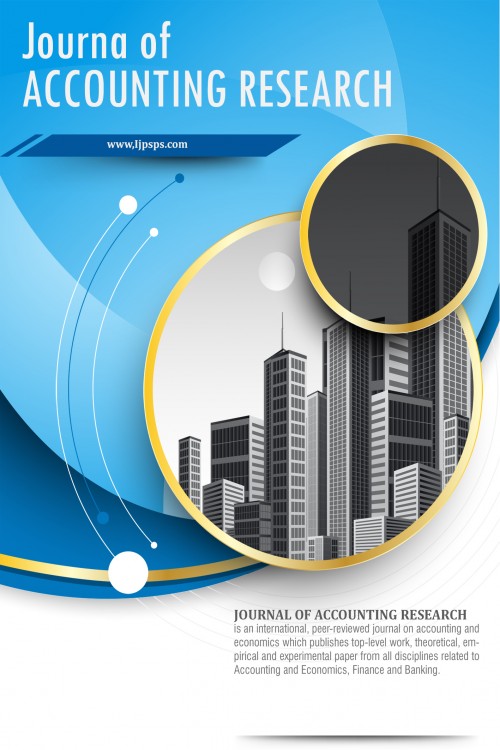
An Investigation of the Relationship Between Economic Value Added and Residual Profit in Predicting Profits for Each Share of the Coming Year
Abstract
Nowadays, most financial analysts believe that firms need to generate returns exceeding the cost of capital (debt and equity) to create value. This concept has been clarified using models such as economic value added and residual profit. In the 1980s, with the changes that Stewart made in the concept of residual profit, the economic value added was considered as a new means of measuring financial performance. Stewart believed that economic value added should be used as a criterion for evaluating both domestic and external performance instead of profit and cash obtained from operations. Accordingly, in this research, the relationship between each independent variables, including economic value added and residual profit, is considered as representatives of the economic evaluation model with the future profit of each share. In this research, a linear regression model was used to test the hypotheses. The results of the research show that there is a significant relationship between the residual profit and the profit of the coming year. As a result, this criterion has a predictive power; it has also been found in the research that there is no significant relationship between the economic value added and the coming profit of per share showing that this criterion has no predictive power.